ZimHipHop Needs to Be More Like Zanu PF
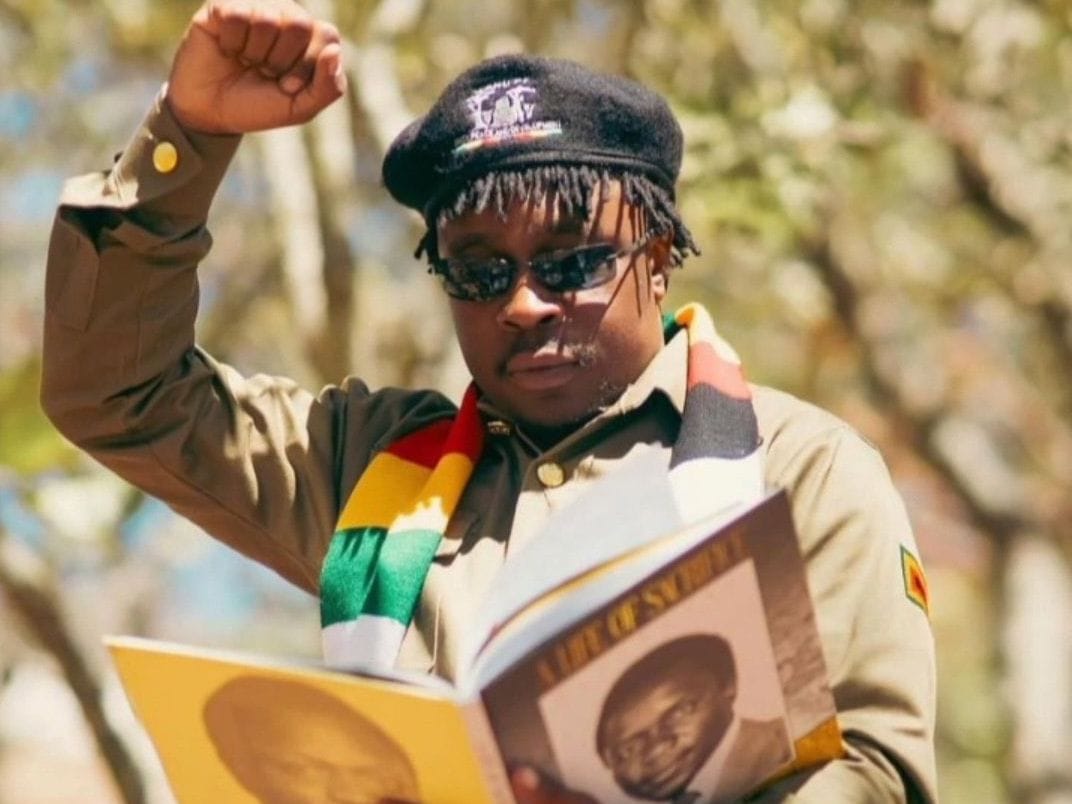
Meta Shoko Writes:
As always, let’s start with a prayer. Put your hand on your heart and say:
“If NOP Makoni doesn’t win Album of the Year this year, forgive me, Lord, for it is my fault. Amen.”
ZHH Is Zimbabwe’s Biggest Genre—So Why Do Its Fans Keep Undermining It?
There is no debate—ZHH is the biggest genre in Zimbabwe. Yet, somehow, people still question its dominance. The fact that this is even up for discussion is absurd, and the blame falls squarely on ZHH fans. They are always quick to downplay their own genre, always ready to concede ground, even when all the evidence points to hip-hop leading the cultural conversation.
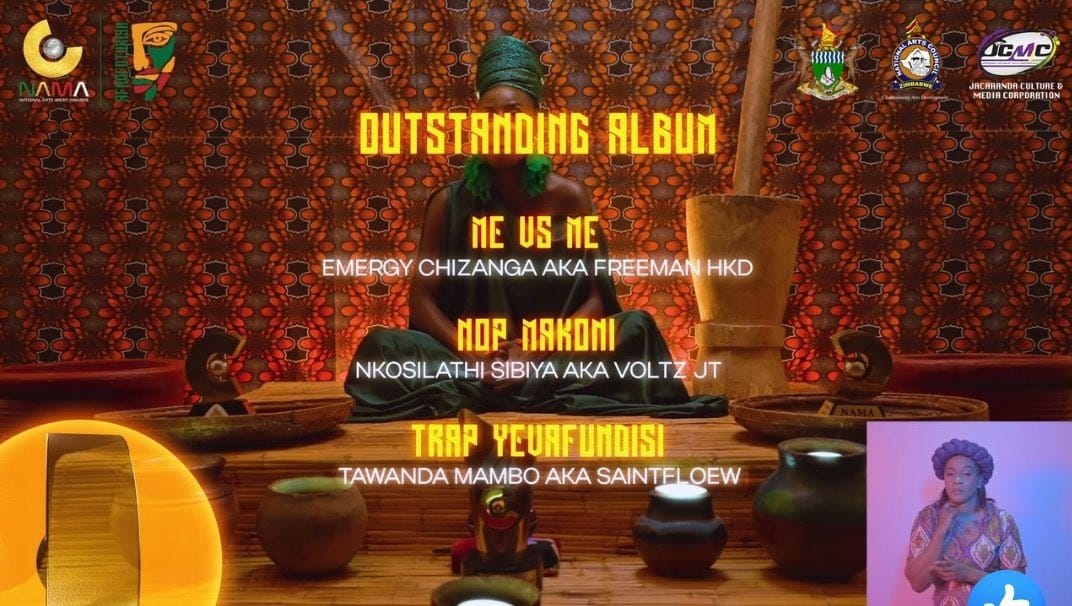
ZHH had its big commercial breakthrough in 2020, and it has only grown stronger since then. Even legacy artists who once ignored hip-hop now fully acknowledge its dominance. Winky D, arguably the most influential artist in Zimbabwe, has already collaborated with three of the top five ZHH artists: Holy Ten, Saintfloew, and Bling4. A Voltz JT collaboration almost feels inevitable at this point. And it’s not just Winky D who sees where the culture is heading. Ex-Q’s last album featured both Holy Ten and Voltz JT on Mwana Iyeye and Papi Energy. Artists from Nutty O to Baba Harare to Jah Prayzah have all embraced hip-hop, showing that ZHH has penetrated the mainstream.
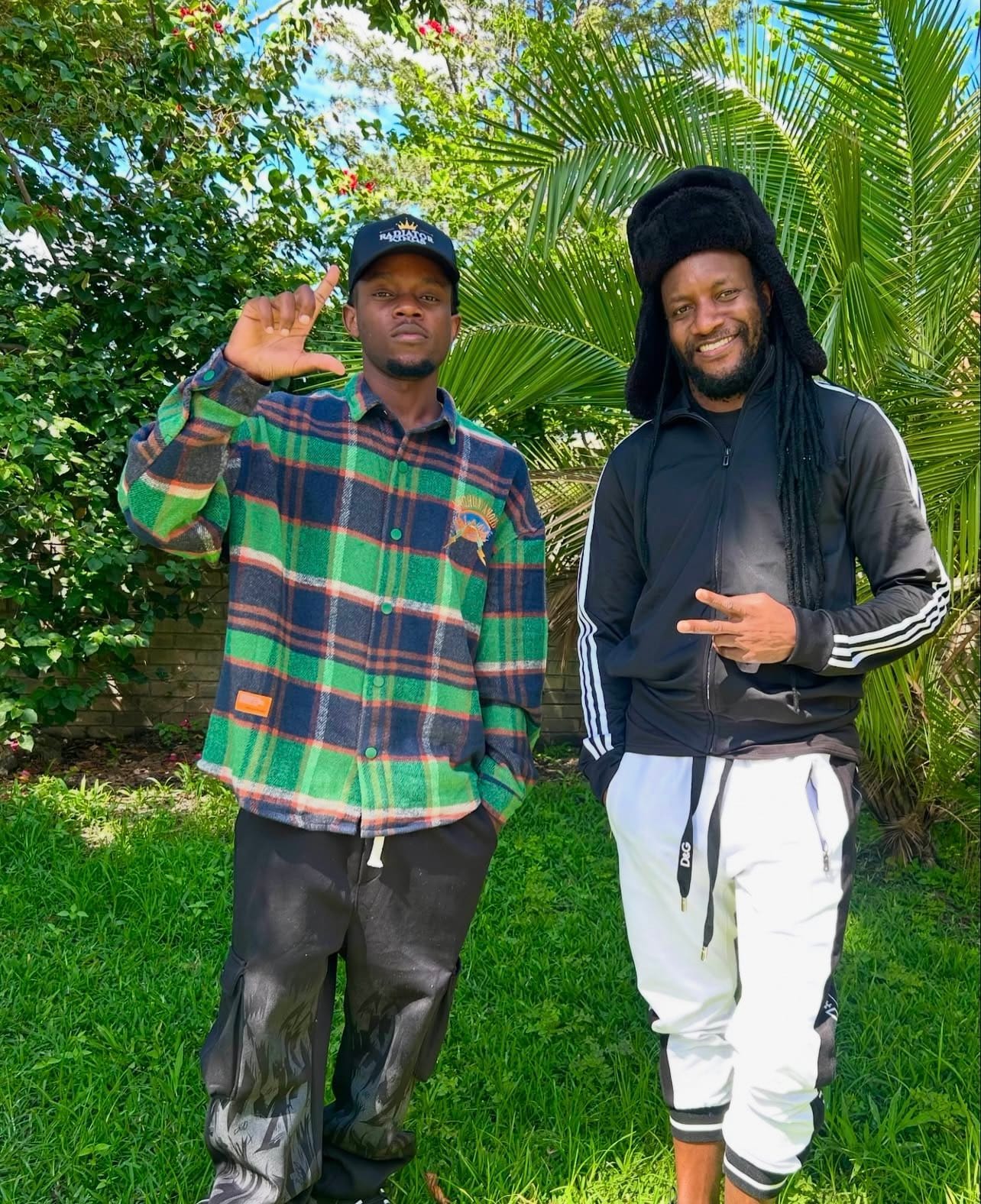
With all of this happening, why do ZHH fans refuse to stand firm and claim their place? Why do they hesitate to rally behind their genre? There is no good reason for the insecurity. Hip-hop is no longer the underdog—it is the main event. Yet, its own fans seem reluctant to accept this reality.
The G40 Effect: How Factionalism Is Holding ZHH Back
One of the biggest problems with ZHH is factionalism—what I like to call the G40 effect. If there’s one thing Zimbabwean politics has taught us, it’s that internal divisions can be fatal. Factionalism is what led to Mugabe’s downfall, and if Zanu PF hadn’t managed to regroup and consolidate power post-coup, those cracks could have created an opening for the opposition to take control. But they didn’t let that happen. They closed ranks, strengthened their position, and kept moving forward.
ZHH needs to learn from that. We can argue all year about who’s top five. We can fight over bars, delivery, and catalogs. We can compare commercial success and lyrical ability. That’s part of the game, and it makes the culture exciting. But when the big moments come, we need to unite.
In 2024, there is no real debate—Voltz JT and NOP Makoni were the frontrunners. If we’re serious about pushing the genre forward, we need to back Voltz for Album of the Year at the NAMAs. This isn’t about personal opinions or individual preferences. It’s about strategy. It’s about proving that hip-hop is a dominant force in Zimbabwean music and ensuring that its artists get the recognition they deserve.
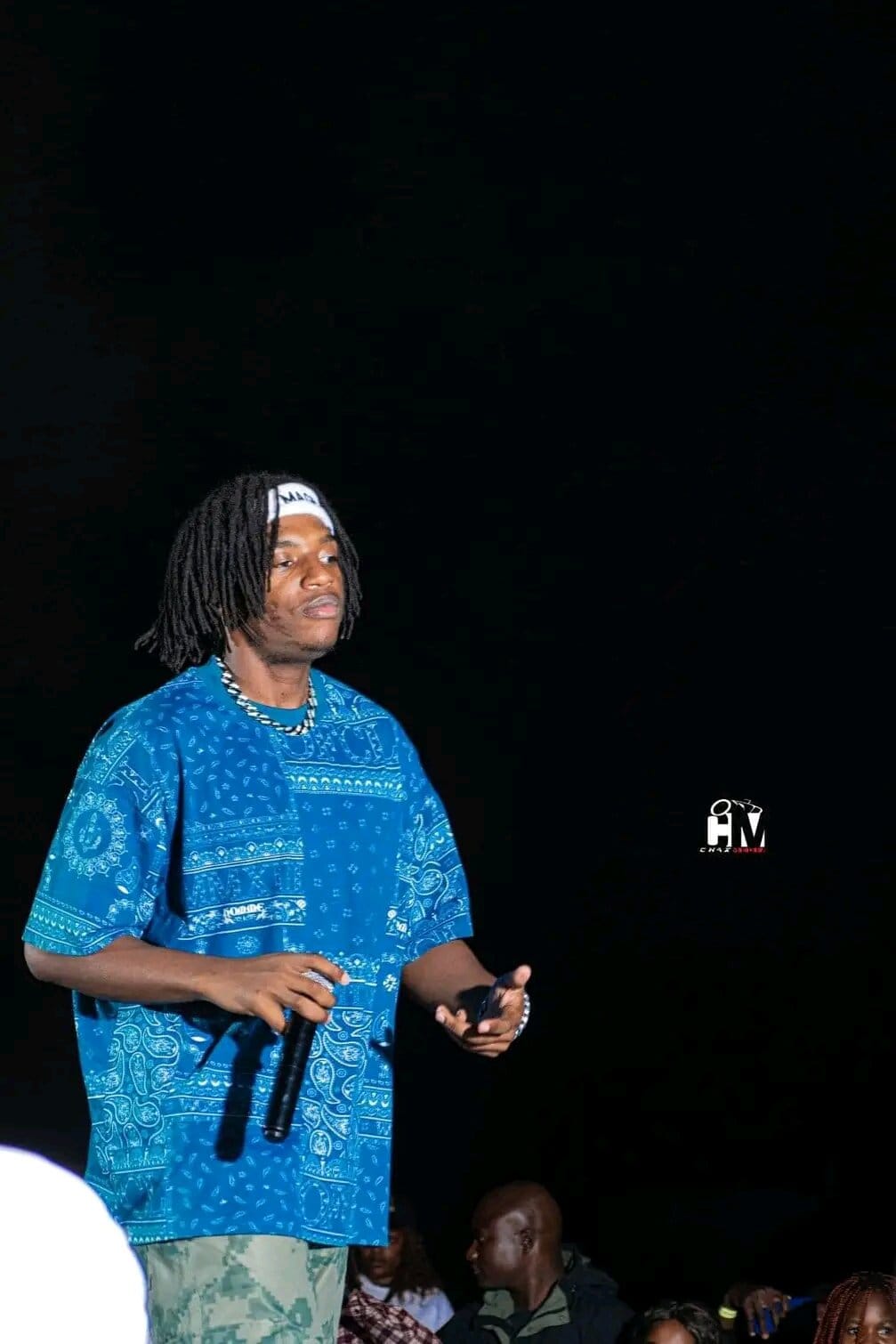
If Voltz doesn’t win, it won’t be the first time ZHH has been overlooked. And, to be honest, ZHH fans will be part of the reason why. Time and time again, we fail to rally behind our own, and it has hurt the genre’s credibility. Holy Ten should have won Best Male Artist at least once by now, but because of infighting, divided support, and unnecessary negativity, that never happened.
Of course, it was fun when Holy Ten played the villain—it added to the drama. But the bigger picture is that ZHH is still fighting for mainstream validation. The constant backlash against frontrunners is holding the entire genre back. Other music movements in Zimbabwe understand the importance of unity, and they have used it to their advantage. ZHH, on the other hand, keeps sabotaging itself.
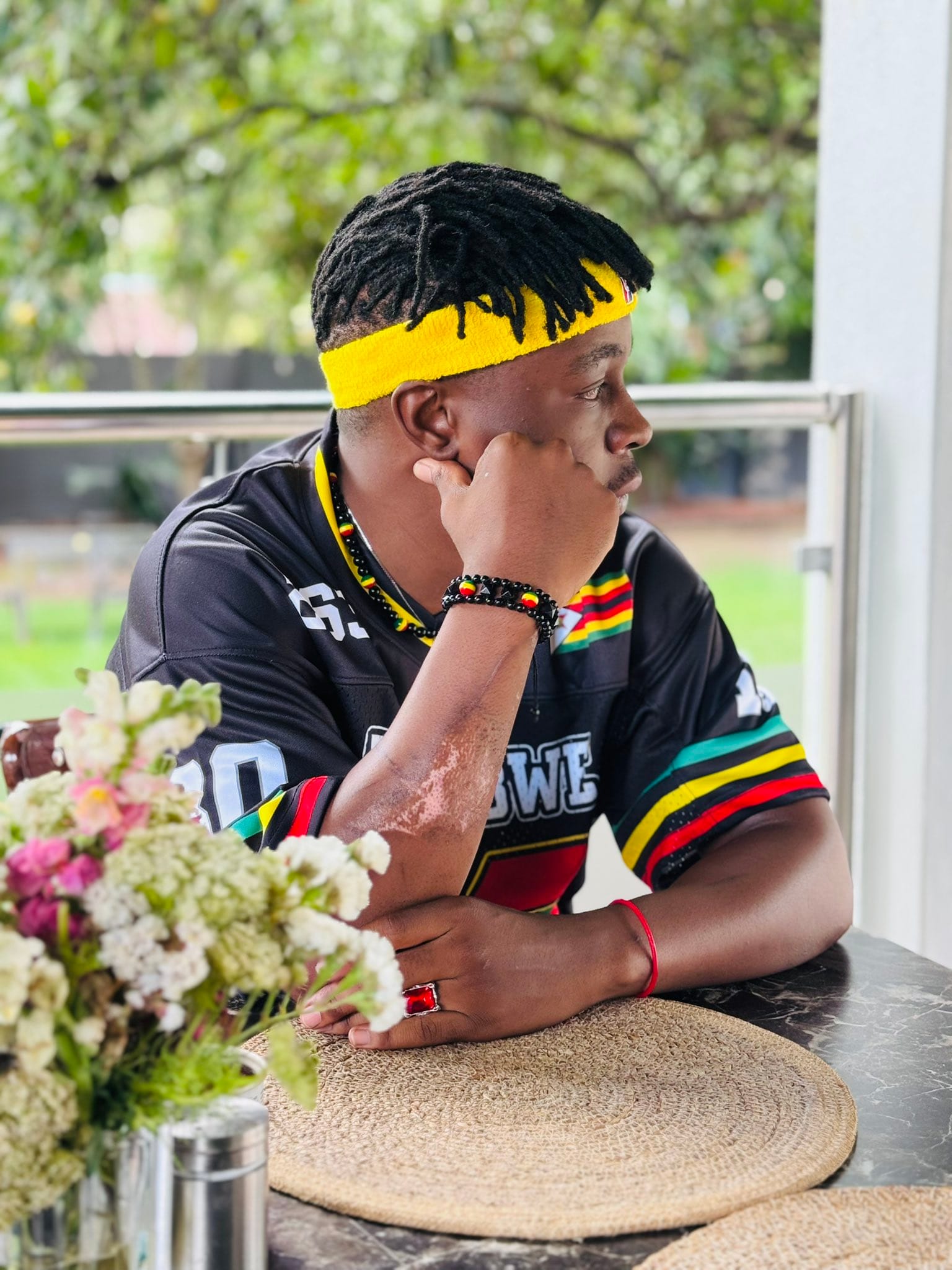
ZHH Fans Are Too Afraid to Own Their Power
The second major issue is that ZHH fans are cowards. Despite overwhelming evidence that hip-hop is the biggest genre in Zimbabwe, many of its supporters hesitate to fully embrace that reality. Instead of standing firm, they look for reasons to downplay ZHH’s success.
The most common excuse? “ZHH doesn’t dominate radio.”
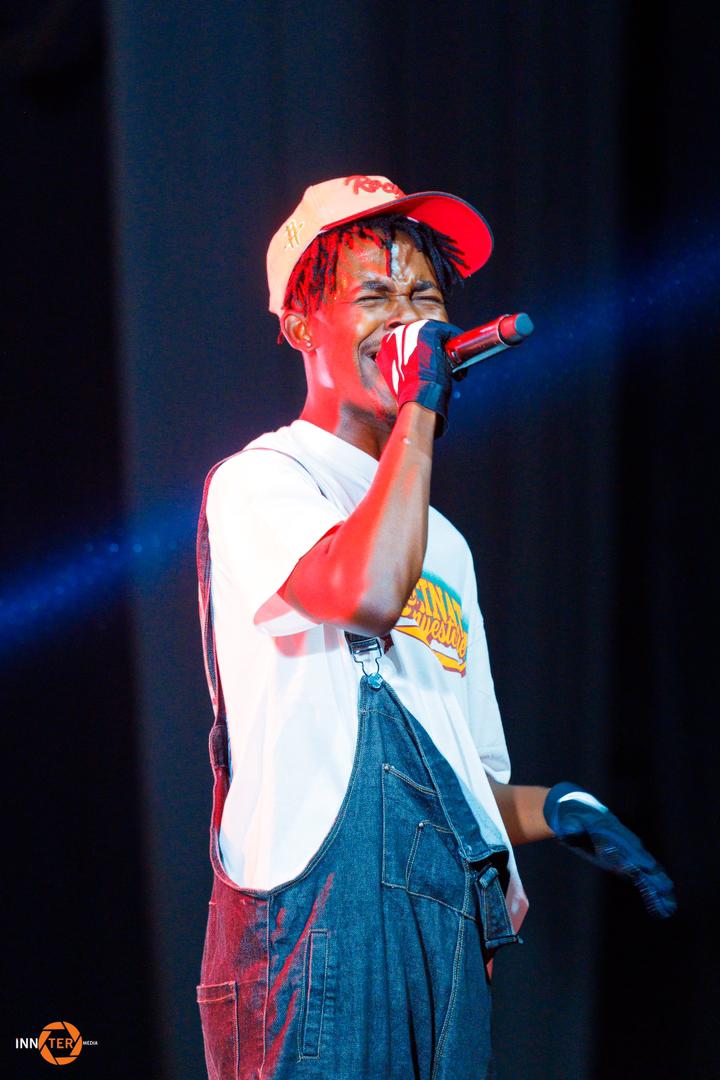
So, I reached out to Hardin Gurupira for clarity. And let’s be honest—I already knew the answer, but I wanted to quote someone with credibility. His response was simple: radio isn’t a reflection of what’s popular—it’s about demographics.
Radio Zimbabwe doesn’t ignore ZHH because it’s “not big enough”—it’s because ZHH isn’t what their audience wants. Their playlist is designed to cater to a specific demographic that prefers traditional sounds. That has nothing to do with the actual popularity of hip-hop.
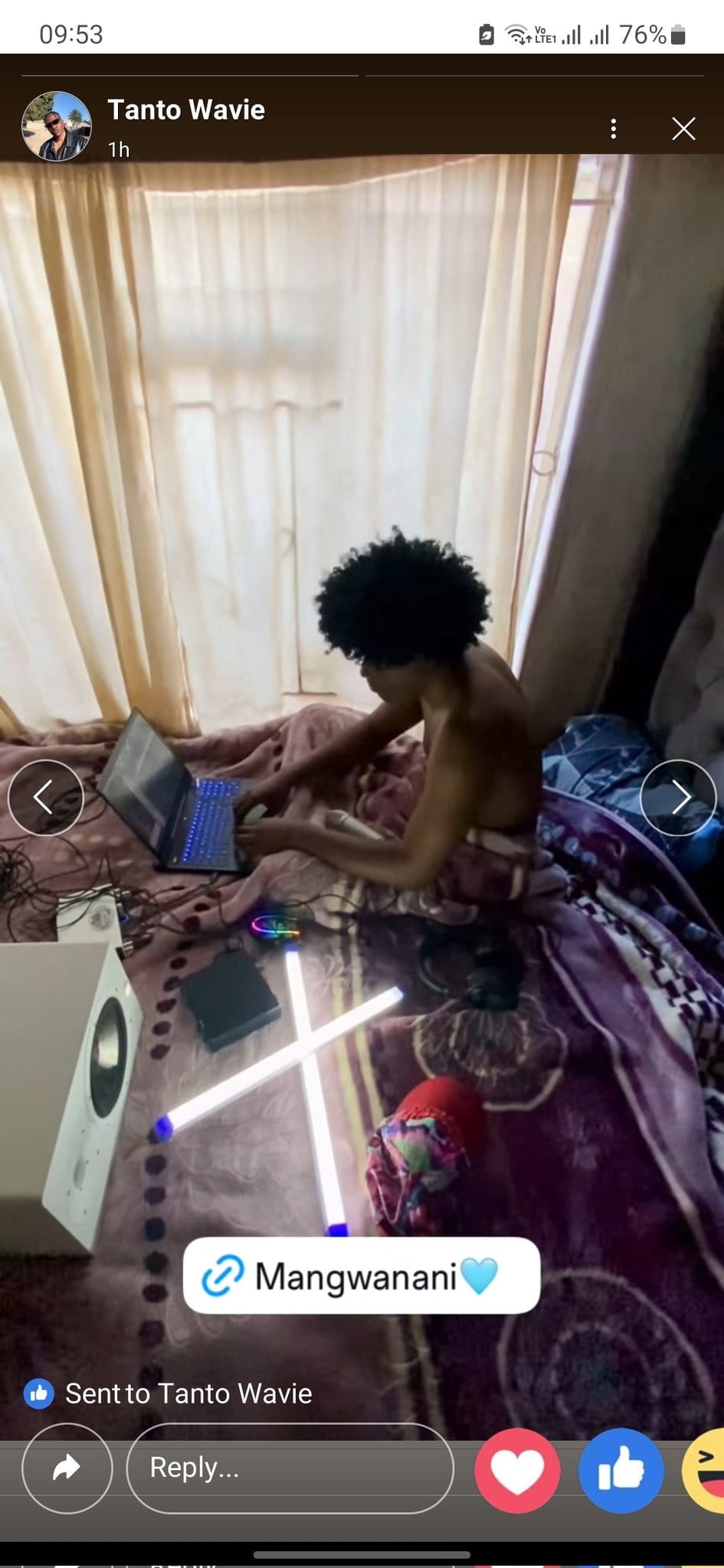
Tinashe, a Zimbabwean artist with multiple Billboard-charting songs and collaborations with Drake, doesn’t get played on Radio Zimbabwe. So why are we still using radio airplay as a metric for ZHH’s success? It’s outdated thinking. We need to stop chasing validation from institutions that were never designed to recognize hip-hop’s impact. The numbers don’t lie—hip-hop leads the conversation, influences fashion, dominates social media, and fills up venues. That should be enough proof.
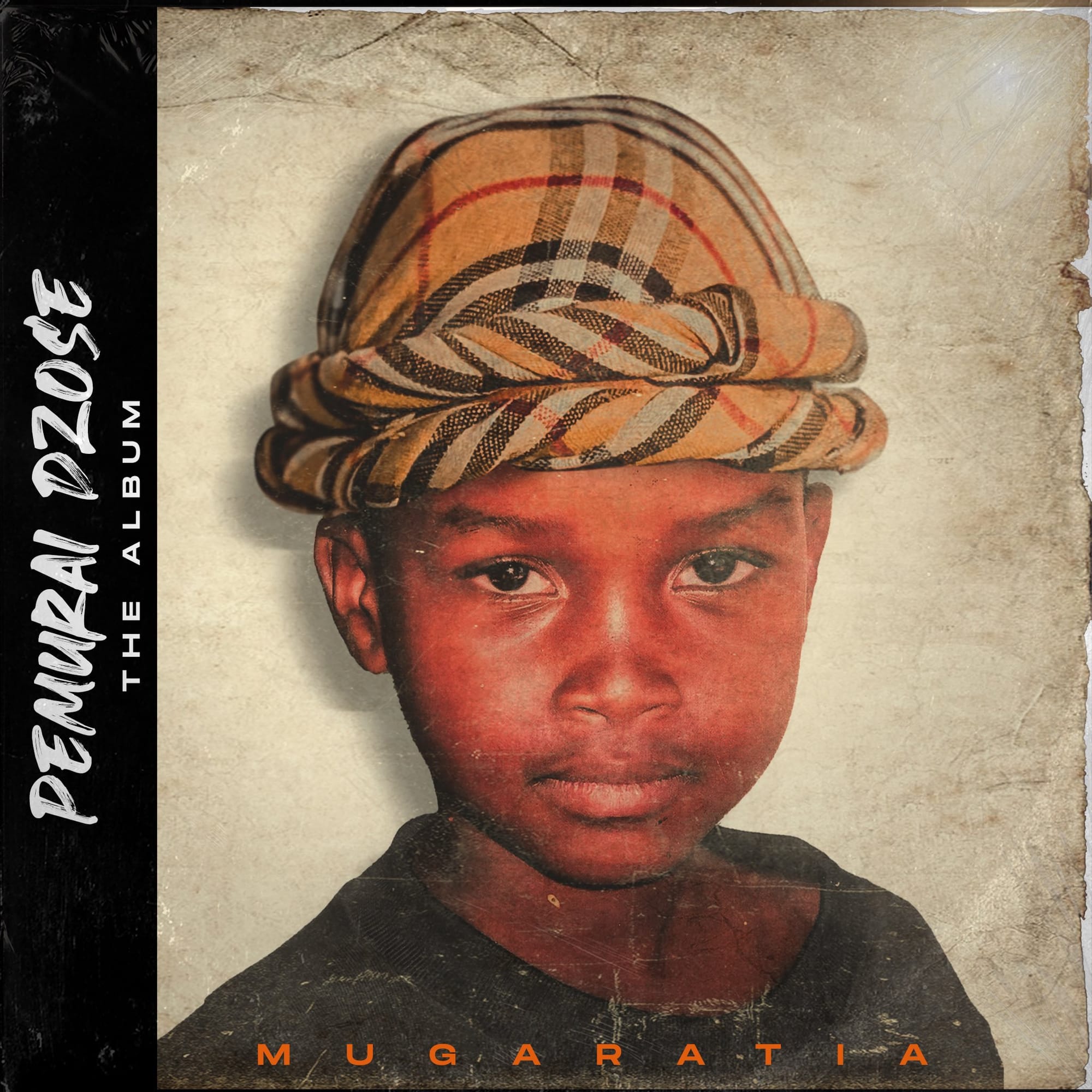
The NAMAs Have a Chance to Get It Right
Despite its flaws, the NAMAs have a real opportunity to make a statement this year. Awarding Voltz JT Album of the Year isn’t just about one artist—it’s about showing that the NAMAs understand the culture. It’s about proving that the awards recognize what’s actually happening on the ground, rather than just reinforcing outdated industry politics.
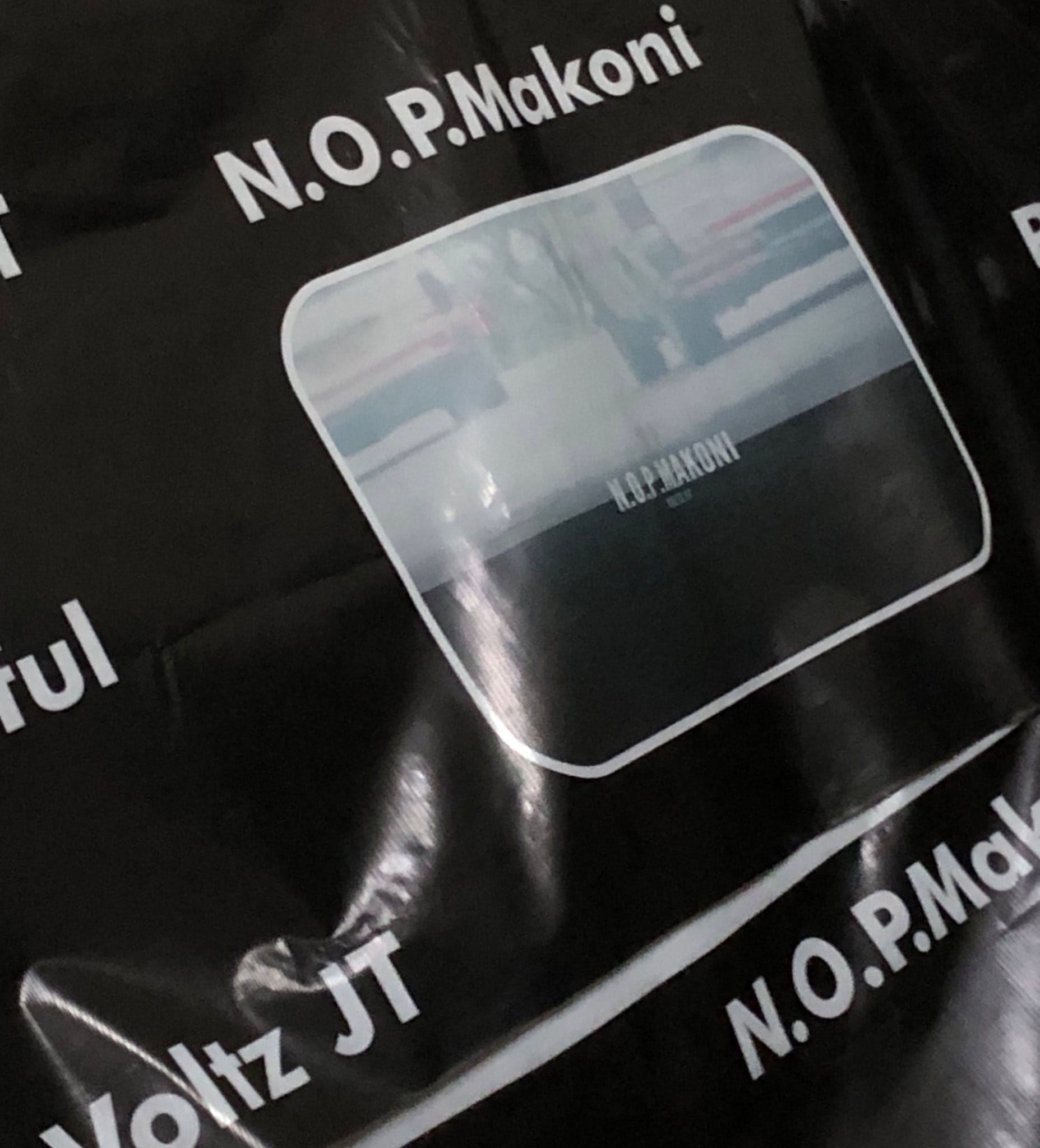
Because let’s be honest—if Voltz doesn’t win, it won’t be because his album wasn’t the biggest. It will be because ZHH failed itself. Because once again, we didn’t back our guy when it mattered.
Until ZHH learns to move like Zanu PF—factional when necessary, but united when it counts—we’ll be having this same conversation year after year.
Comments ()